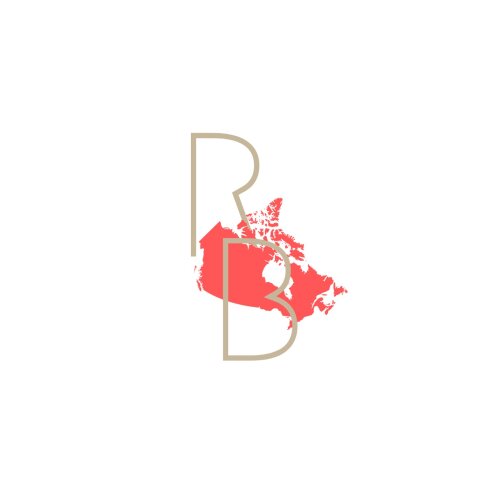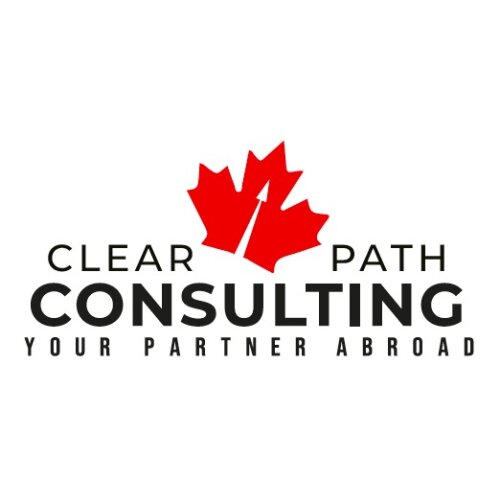Best Immigration Lawyers in Morocco
Share your needs with us, get contacted by law firms.
Free. Takes 2 min.
Or refine your search by selecting a city:
List of the best lawyers in Morocco
Morocco Immigration Legal Questions answered by Lawyers
Browse our 2 legal questions about Immigration in Morocco and read the lawyer answers, or ask your own questions for free.
- What is the process of opening a visa services business in Casablanca?
- Hello. What are the requirements and process for opening a visa processing service business in Casablanca for foreigners? I’m an American citizen who’s married to a Moroccan women. Thank you!
-
Lawyer answer by mohammad mehdi ghanbari
Hello,Thank you for your inquiry. Opening a visa services business in Casablanca as a foreigner involves a multi-step process that combines company formation with personal immigration procedures. Below is a general overview of the requirements and the process you would...
Read full answer - What is the process of opening a visa services business in Casablanca for foreigners?
- Hello. I’m looking to get information on what are the requirements and process for opening a visa service processing business in Casablanca? I’m an American citizen. Thank yoi!
-
Lawyer answer by mohammad mehdi ghanbari
Hello,Thank you for your inquiry. Opening a visa services business in Casablanca as a foreigner involves a multi-step process that combines company formation with personal immigration procedures. Below is a general overview of the requirements and the process you would...
Read full answer
About Immigration Law in Morocco
Immigration law in Morocco governs the movement of people across the country's borders and involves various regulations on entry, stay, and residence. Morocco holds a strategic position at the crossroads of Europe and Africa, making it a focal point for immigration flows. Moroccan immigration laws must align with international agreements and treaties, protecting both national security and refugee rights.
Why You May Need a Lawyer
Many individuals may require legal assistance when navigating immigration matters in Morocco. Common situations include seeking asylum, applying for residence permits, facing deportation, or understanding complex visa requirements. An immigration lawyer can provide expertise, support in complex legal processes, and representation in contentious situations.
Local Laws Overview
Key aspects of Moroccan immigration law include visa requirements, residency permits, and regulations regarding employment for non-nationals. Morocco operates on a visa exemption basis for several countries; however, long-term stays require residence permits. Understanding conditions related to work permits and the rights of migrants is vital for legal compliance.
Frequently Asked Questions
What type of visa do I need to visit Morocco?
Visitors from certain countries can enter Morocco visa-free for up to 90 days. For longer stays, a visa or residence permit is required depending on the nature of the activity.
How can I obtain a residence permit in Morocco?
To apply for a residence permit, submit your application to the local police department's foreign office with necessary documentation including proof of residence, financial means, and employment or study status.
What should I do if my visa expires while I am in Morocco?
If your visa expires, you must leave Morocco and re-enter with a new visa. Overstaying can result in fines or bans on future travel to Morocco.
Can I work on a tourist visa in Morocco?
No, working on a tourist visa is not permitted. To work legally, you must obtain a work permit through a sponsoring employer.
How does Morocco handle asylum seekers?
Morocco is a signatory to the 1951 Refugee Convention. Asylum seekers should file their applications with the UNHCR office in Morocco for processing and protection.
What are the penalties for illegal immigration to Morocco?
Entering or staying in Morocco illegally can result in detention, fines, expulsion, or being barred from re-entering the country.
Can I bring my family to Morocco if I have a residence permit?
Family reunification is possible for relations, such as spouses and minor children, upon application and fulfillment of legal requirements stipulated by Moroccan law.
Are there any special programs for investors or entrepreneurs in Morocco?
Yes, Morocco offers programs aimed at attracting foreign direct investment, including incentives for entrepreneurs. These often require substantial financial commitments.
What documents are needed for a student visa?
A student visa typically requires a letter of acceptance from a Moroccan educational institution, proof of financial means, and a valid passport among other documents.
Where can I find more information about Moroccan immigration rules and processes?
The Moroccan Ministry of Foreign Affairs provides updates and guidelines on immigration policies. Visiting a local consulate office can also provide access to detailed information.
Additional Resources
For more assistance, consider reaching out to the Moroccan Ministry of Foreign Affairs, the United Nations High Commissioner for Refugees (UNHCR) office in Morocco for asylum-related matters, and consult reputable legal firms specializing in immigration law in Morocco.
Next Steps
If you need legal assistance with immigration matters in Morocco, consider consulting with an immigration lawyer who can provide personalized advice and representation. Schedule a consultation to discuss your case, prepare necessary documents, and ensure compliance with Moroccan immigration laws.
Lawzana helps you find the best lawyers and law firms in Morocco through a curated and pre-screened list of qualified legal professionals. Our platform offers rankings and detailed profiles of attorneys and law firms, allowing you to compare based on practice areas, including Immigration, experience, and client feedback.
Each profile includes a description of the firm's areas of practice, client reviews, team members and partners, year of establishment, spoken languages, office locations, contact information, social media presence, and any published articles or resources. Most firms on our platform speak English and are experienced in both local and international legal matters.
Get a quote from top-rated law firms in Morocco — quickly, securely, and without unnecessary hassle.
Disclaimer:
The information provided on this page is for general informational purposes only and does not constitute legal advice. While we strive to ensure the accuracy and relevance of the content, legal information may change over time, and interpretations of the law can vary. You should always consult with a qualified legal professional for advice specific to your situation.
We disclaim all liability for actions taken or not taken based on the content of this page. If you believe any information is incorrect or outdated, please contact us, and we will review and update it where appropriate.
Browse immigration law firms by service in Morocco
Morocco Attorneys in related practice areas.
Browse immigration law firms by city in Morocco
Refine your search by selecting a city.














